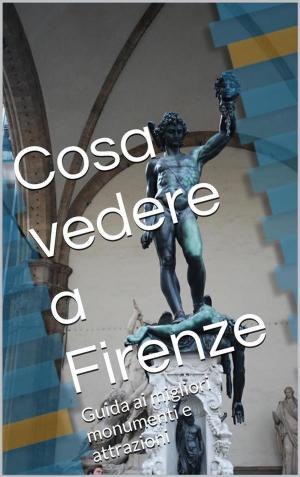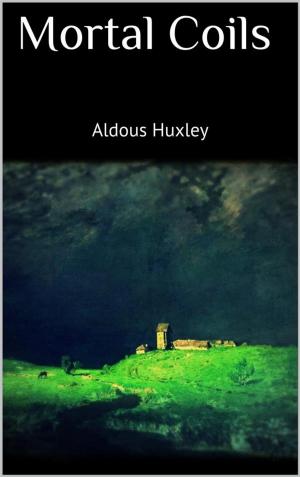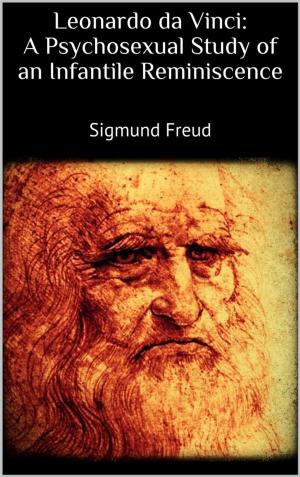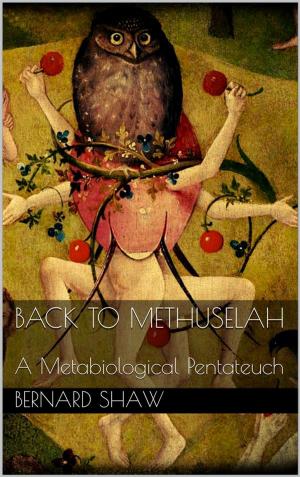| Author: | Benedetto Croce | ISBN: | 9788827526934 |
| Publisher: | Skyline | Publication: | December 3, 2017 |
| Imprint: | Language: | English |
| Author: | Benedetto Croce |
| ISBN: | 9788827526934 |
| Publisher: | Skyline |
| Publication: | December 3, 2017 |
| Imprint: | |
| Language: | English |
Presupposed in the logical activity, which is the subject of this treatise, are representations or intuitions. If man had no representations, he would not think; were he not an imaginative spirit, he would not be a logical spirit. It is generally admitted that thought refers back to sensation, as its antecedent; and this doctrine we have no difficulty in making our own, provided it be given a double meaning. That is to say, in the first place, sensation must be conceived as something active and cognitive, or as a cognitive act; and not as something formless and passive, or active only with the activity of life, and not with that of contemplation. And, in the second place, sensation must be taken in its purity, without any logical reflection and elaboration; as simple sensation, that is to say, and not as perception, which (as will be seen in the proper place), so far from being implied, in itself implies logical activity. With this double explanation, sensation, active, cognitive and unreflective, becomes synonymous with representation and intuition; and certainly this is not the place to discuss the use of these synonyms, though there are excellent reasons of practical convenience pointing to the preference of the terms which we have adopted.
Presupposed in the logical activity, which is the subject of this treatise, are representations or intuitions. If man had no representations, he would not think; were he not an imaginative spirit, he would not be a logical spirit. It is generally admitted that thought refers back to sensation, as its antecedent; and this doctrine we have no difficulty in making our own, provided it be given a double meaning. That is to say, in the first place, sensation must be conceived as something active and cognitive, or as a cognitive act; and not as something formless and passive, or active only with the activity of life, and not with that of contemplation. And, in the second place, sensation must be taken in its purity, without any logical reflection and elaboration; as simple sensation, that is to say, and not as perception, which (as will be seen in the proper place), so far from being implied, in itself implies logical activity. With this double explanation, sensation, active, cognitive and unreflective, becomes synonymous with representation and intuition; and certainly this is not the place to discuss the use of these synonyms, though there are excellent reasons of practical convenience pointing to the preference of the terms which we have adopted.















